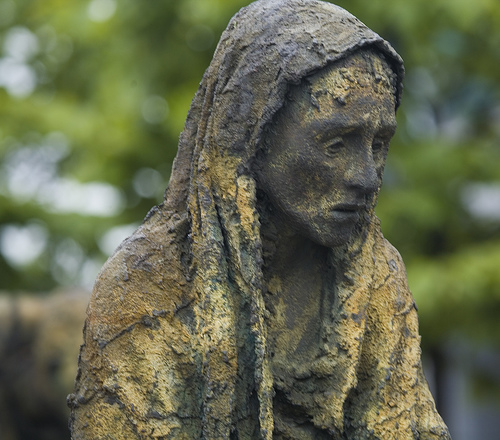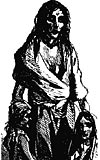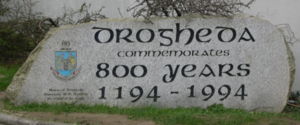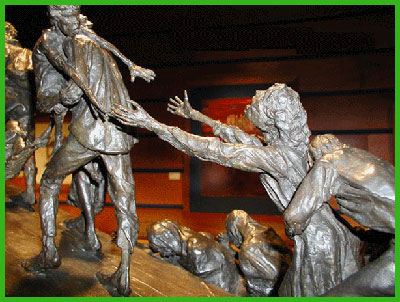Iraq’s north and the eastern Mediterranean are the two regions where Turkey can be a game-changer in the world’s energy outlook, a prominent expert says. ‘Turkey can contribute to the rewriting of the rules of the game,’ says Mehmet Ögütçü, noting that it will otherwise be playing a game written by others

While the US will rise as the new superstar of the energy world, Russia’s role will diminish, says expert Mehmet Öğütçü (R). Turkey will benefit as Russia will be obliged to reduce gas prices, he adds. DAILY NEWS photo/ Emrah GÜREL
 Barçın Yinançbarcin.yinanc@hurriyet.com.tr
Barçın Yinançbarcin.yinanc@hurriyet.com.trThere is a whole new game shaping up in the world energy outlook, and Turkey can contribute by writing the new rules, according to Mehmet Ögütçü, a prominent energy expert.
There are two regions in which Turkey can especially be a game-changer, northern Iraq and the eastern Mediterranean. Turkey needs to engage with the Kurdish administration in the north without alienating the central government in Baghdad, said Ögütçü. As for the eastern Mediterranean, Ögütçü urged the government to let the Turkish private sector negotiate with its Israeli counterparts in order to remain in the game when relations improve with Ankara’s erstwhile ally.
What are the new game changers in the world energy outlook?
There is an economic and financial power shift from the West to the Asia-Pacific. There is a strong demand for growth coming from the Asia-Pacific. Supply regions are changing. The Middle East is losing its dominant position in world energy. What we have in addition is that the United States is emerging as the new global energy superstar. By 2017, the U.S will become the world’s largest natural gas provide and by 2020, it might replace Saudi Arabia as the largest oil producer. The U.S. will no longer depend on the Middle East. The role Russia is playing as the world natural superpower will diminish. There are new gas-producing countries in the world, like Australia, Tanzania and the Arctic region, as well as the eastern Mediterranean – this will make the market abundant. There will be a glut in natural gas and the prices will decline. Russian economy depends heavily on revenues coming from natural gas. Turkey will also benefit from the falling of natural gas prices.
In sum; the global game in energy has changed; the rules and the players are changing.
Will the U.S. exit the Middle East?
There are three reasons for the U.S. presence in the region: the security of Israel, the protection of Gulf sheikdoms and the containment of Iran. But U.S. ability to project power in the region is declining as a result of domestic developments and due to its intention to refocus its attention toward the Asia-Pacific.
But this does not mean that the U.S. will totally disengage; this will happen gradually. There is no power to fill the gap. This brings Turkey into the picture. When you look at the region, Turkey is the biggest economy. Turkey is, by definition, a regional power to reckon with. Although for the past years, it has pursued a foreign policy which positioned it as a soft power welcomed by the Middle East, the situation started to change when Turkey became confrontational and interventionist in Syria. Confronting Iran, Iraq, and freezing relations with Israel boxed Turkey into a situation where it cannot fully utilize its soft power, which had benefited it over the past decade enormously. Turkey should not waste this opportunity and return to its more non-confrontational soft power approach so that it will be recognized as a benevolent power bringing blessings to the region.













 Iraq
Iraq 


 they admired. They were in no doubt about the importance of what Assange had revealed and achieved, and the grave dangers he now faced. Absent entirely were the lies, spite, jealousy, opportunism and pathetic animus of a few who claim the right to guard the limits of informed public debate.
they admired. They were in no doubt about the importance of what Assange had revealed and achieved, and the grave dangers he now faced. Absent entirely were the lies, spite, jealousy, opportunism and pathetic animus of a few who claim the right to guard the limits of informed public debate.
